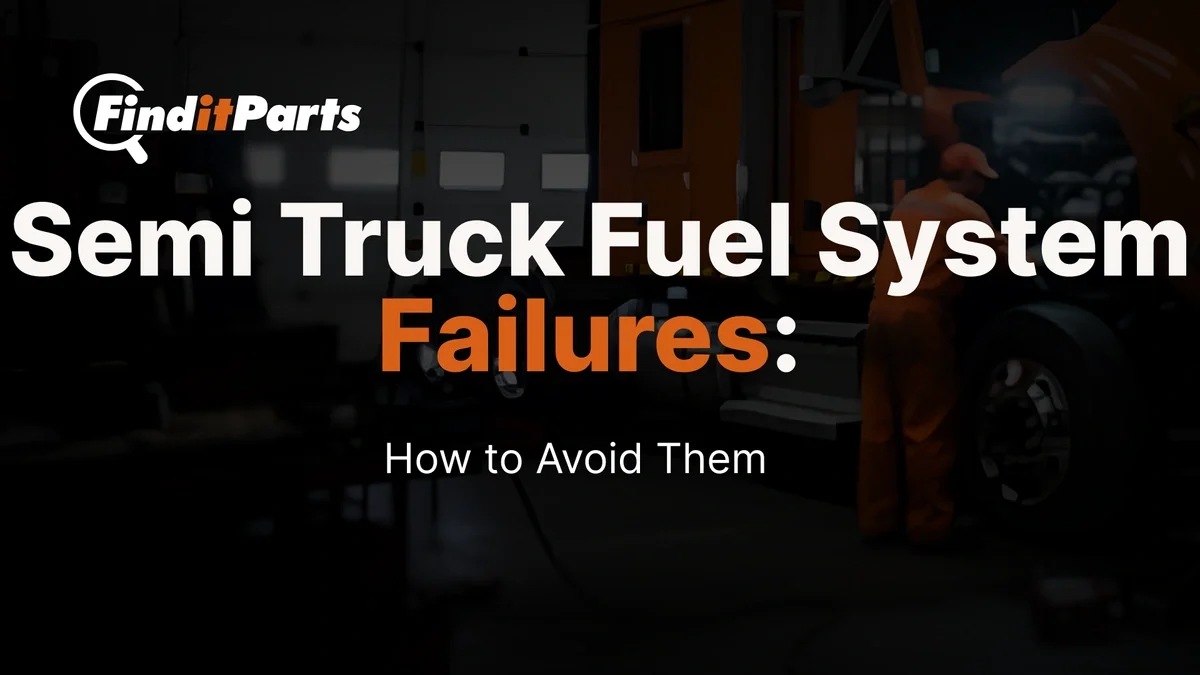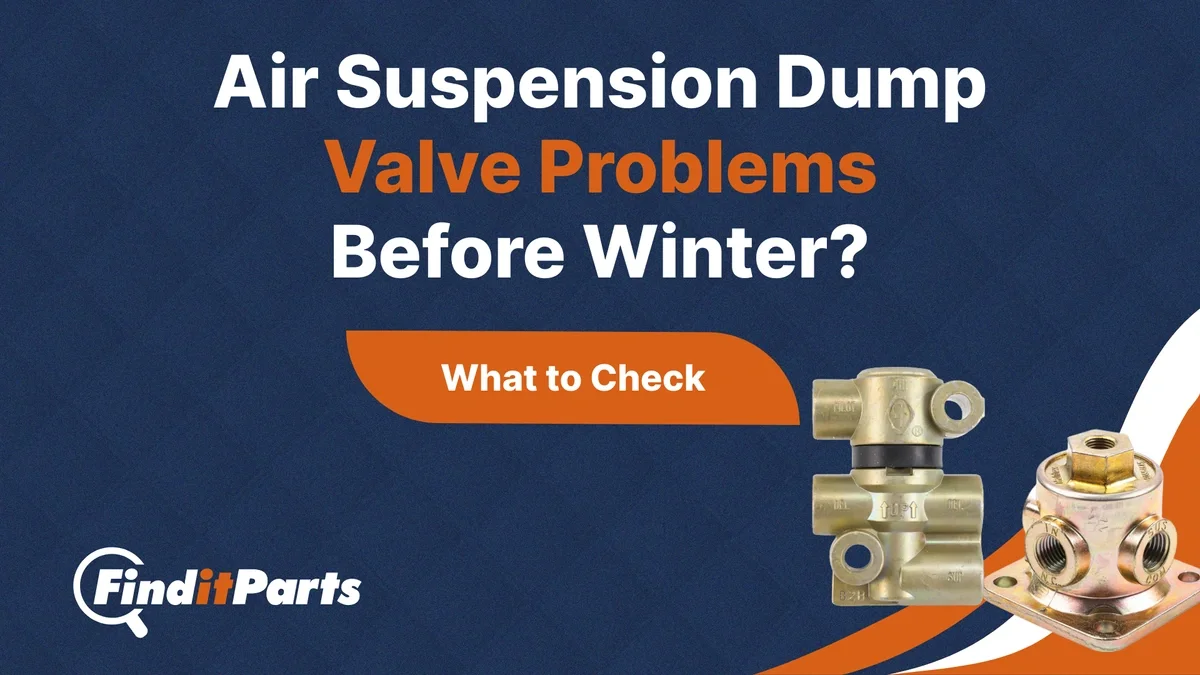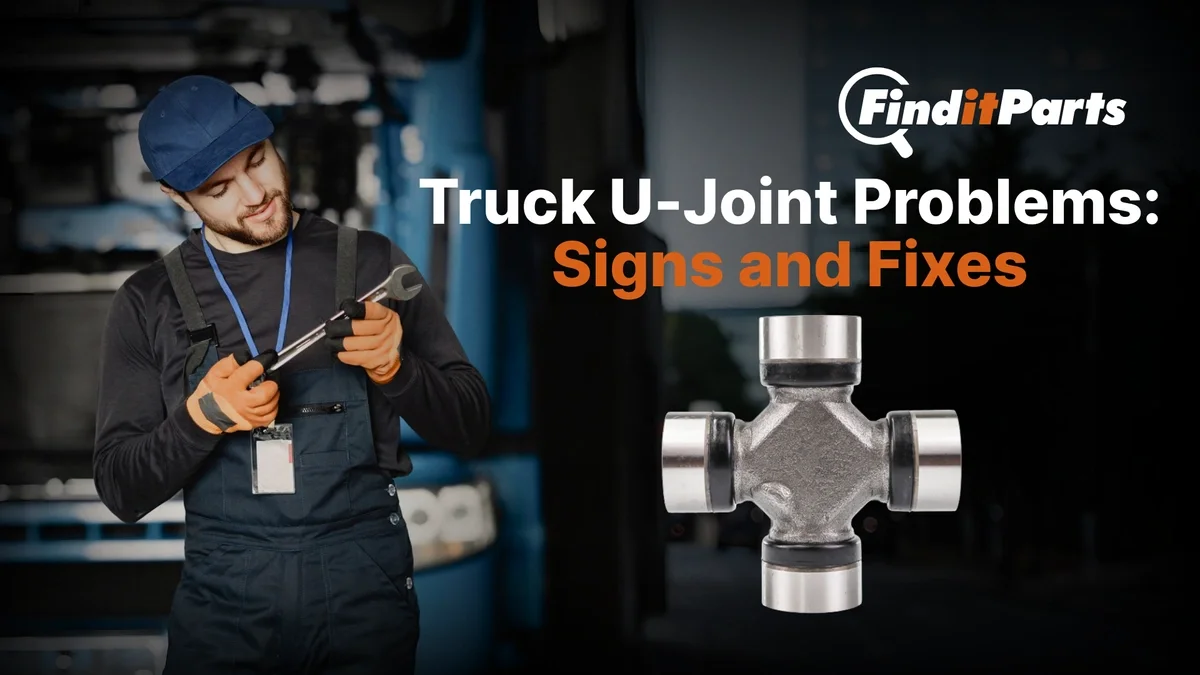Need help? We're here!
(888) 312-8812 Login Signup5 Ways to Keep Your Truck Roadworthy
July 09, 2020

Image Source: Pexels
From long stretches of highways to harsh weather conditions, trucks can take a lot of abuse. And while truck components are specially designed for durability, they will degrade over time. To prevent this, they must undergo constant maintenance from professionals in order to keep its parts running at peak performance for a long period of time.
Whether you drive a single truck or own an entire fleet, are some 5 maintenance tips you should follow to keep your trucks roadworthy:
Brakes
Brakes are among the most common sources of failure in trucks, often resulting in vehicle damage, costly repairs, injuries, and lawsuits. Trucks that have been stationary for a significant period are particularly vulnerable, as the brake discs and other components will start to rust and deteriorate.
To avoid problems with your brakes, be sure to have it checked by a professional as part of your truck maintenance routine. The distance a truck can travel in between brake service varies on the drivers' driving habits, but it's typically safe to have them inspected and maintained with every oil change.
Important Maintenance Tips:
-
Brake pads typically have wear indicators that will tell you when they need to be replaced. It is also recommended to have the drums and discs replaced at the same time the pads and shoes are changed, as they may have begun to develop dangerous heat cracks.
-
The less pressure it takes to stop your truck, the better. As a rule of thumb, the air pressure gauge should read at least 60 psi or higher, while between 100 and 125 psi is ideal. If the gauge consistently reads less than 100 psi, have the brakes checked for leaks.
Knowing how to avoid costly truck repairs—especially with critical components like brakes—can save you time, money, and stress in the long run.
Engine
Engine and drivetrain components are another common cause of maintenance downtime for trucks. Among the significant trouble spots you should look out for include excess smoke, loss of oil pressure, or an overall decrease in power. These indicate that the engine is not running at its best and should be addressed immediately by a professional for proper diagnosis and repairs.
Important Maintenance Tips:
- Have your maintenance provider perform regular compression tests, which will give you an overview of how the engine is faring and how long it will last.
- Checking for leaks and slop in engine and drivetrain parts should be a part of the routine maintenance checklist. Also, as a general rule, you should lube all applicable components and fittings before each haul with high-quality grease and lubricants. Using the necessary lubricants that keep your truck in peak condition helps reduce wear and extend component life.
- Other essential maintenance checks include monitoring engine coolant and exhaust temperature as well as oil and boost pressure. All rubber parts under the hood should be checked for wear and corrosion and replaced as needed.
Exterior
Body corrosion is another factor that can shorten the life of a truck. Trucks that travel along coasts or in areas are treated for snow and ice are especially vulnerable, as salt and other chemicals found in these environments will speed up the onset of corrosion.
While it is impossible to prevent rust completely, it can be slowed down – and extend the life of your vehicle – with regular cleaning. Experts recommend washing your truck at least once every ten days, as this effectively keeps contaminants from damaging the clear coat, paint, primer, and bare metal. It is also highly recommended to wash your vehicle immediately after driving through snow, sleet, or rain as this may mix with road salt and pollutants that may corrode the chassis.
Important Maintenance Tips:
-
Aside from washing the exterior of your vehicle, it's also a good idea to sanitize it as well. The CDC recommends using antibacterial wipes or solutions with at least 70% alcohol content to sanitize common contact points such as door handles, doors, windows, touch screens, and switches.
-
During cold weather, spray door locks with WD-40 or similar lubricants before putting the truck into storage for the night. This will protect the lock against moisture from condensation.
-
Paint chips larger than the tip of a pen will start to accumulate rust particles and should be fixed immediately. Ask your current maintenance provider if they offer this type of service.
Knowing the best ways to keep your truck clean not only improves its appearance but also helps protect it from long-term damage caused by corrosion.
Electrical Systems
The newer the truck, the more it relies on electrical components to run at optimum efficiency. It's no longer uncommon to see the latest models to have more bundles of wires than a personal computer just to communicate data to the truck's onboard computer. Truck maintenance service providers typically have specialists that can effectively diagnose and maintain electrical components, so make sure to have your vehicle's electrical systems included in the maintenance checklist.
Important Maintenance Tips:
-
Check all of the interior and exterior lights before going out. Burned-out lights must be replaced immediately, while dim lights may indicate a problem with the wiring or the system in general.
-
When working in winter weather, be sure to have the battery and alternator checked frequently. Colder temperatures coupled with long-distance driving and frequent stops and starts can put these parts under significant strain.
To avoid major electrical or mechanical issues, it helps to understand the most common truck problems and how to avoid them through proper inspection and preventive maintenance.
Tires
Underinflated tires can harm fuel efficiency, while overinflated tires are likely to result in blowouts or premature tire wear. To prevent this, be sure to inflate all of the tires based on the recommendations of the owner's manual or the markings around the rim of the tire.
Important Maintenance Tips:
-
Consider switching to newer low-rolling-resistance tires. These types of tires use shallower treads and can potentially save thousands of dollars in fuel. Although they are more expensive than traditional casings, a fleet with low-rolling-resistance tires can gain up to a 3% increase in fuel economy.
-
Several states offer the SmartWay program that provides fleet operators information to identify tires and other components that maximize fuel efficiency. Be sure to check the SmartWay listings for approved tires, cabs, and trailers under the program.
Staying informed about the latest advancements in heavy-duty truck components ensures your fleet benefits from modern innovations that improve performance and reliability.
Keeping an entire fleet roadworthy is a practice that will pay for itself in dividends in the long run, but only if done right. Keep in mind that it only takes a single slipup to lead in a failed inspection or an accident on the road.



